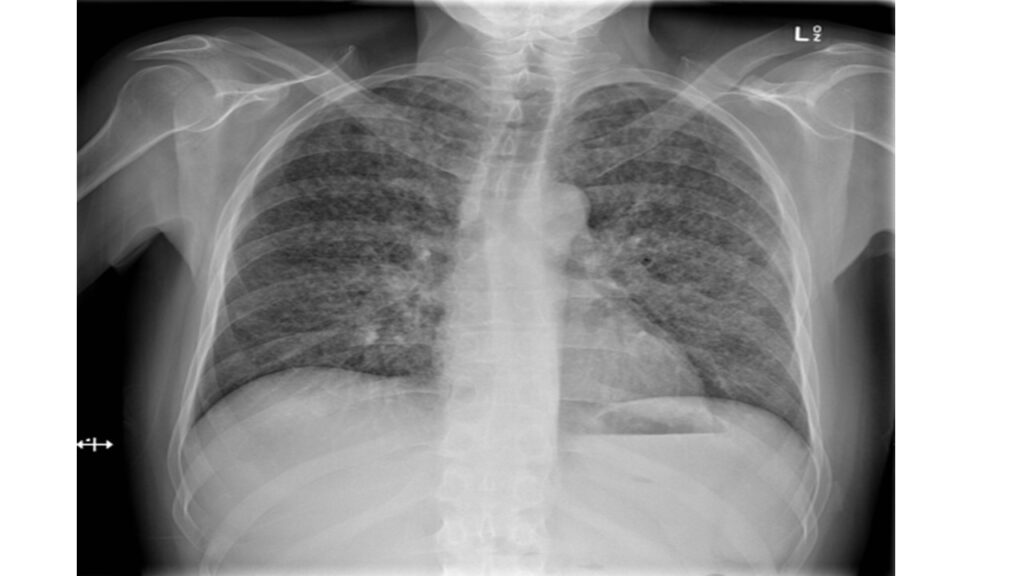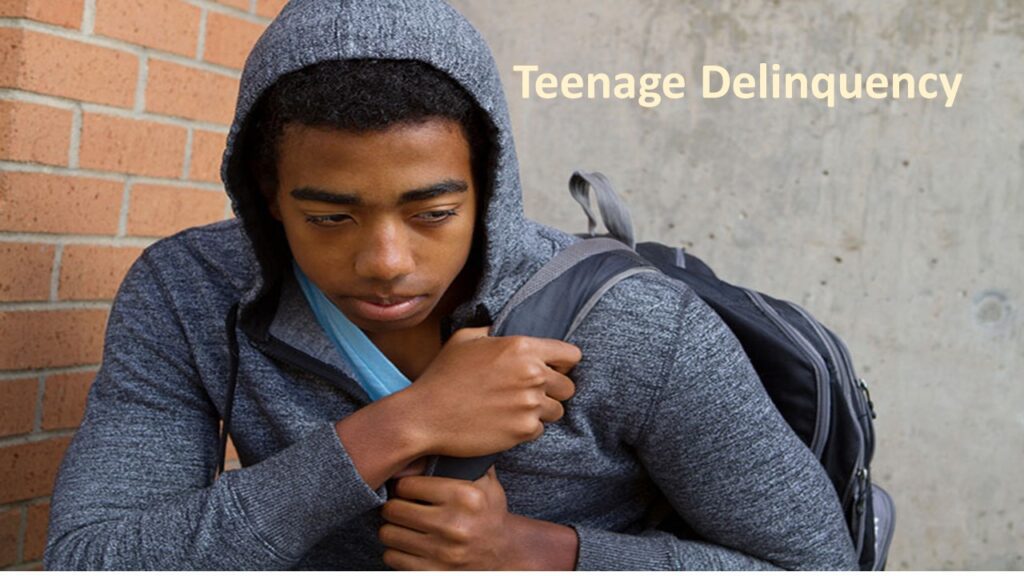
TB can affect infants just as it can affect adults, and it can be particularly dangerous for young children. Symptoms of TB in infants can include fever, cough, and difficulty breathing. It is important for parents and caregivers to monitor infants closely for signs of the disease and seek medical attention if any symptoms are present. Early detection and treatment can greatly improve the chances of a full recovery for infants with TB.
What is TB?
TB (Tuberculosis) is an infectious disease caused by the bacterium Mycobacterium tuberculosis. It primarily affects the lungs, but can also affect other parts of the body such as the kidneys, spine, and brain. TB is spread through the air when an infected person coughs, sneezes, or talks. Symptoms include a persistent cough, fever, night sweats, and weight loss. TB is a serious condition that requires medical treatment.
Can infants get infected with TB?
In fact, they are at a higher risk of developing severe forms of the disease due to their weaker immune systems. It’s crucial to monitor for symptoms and get them tested and treated promptly if necessary.
What are the early signs of TB infection in infants?
Identifying tuberculosis (TB) infection in infants can be a challenging task, but there are some early signs that parents should be aware of. Among these symptoms are a persistent cough, a fever that doesn’t seem to go away, difficulty gaining weight, and trouble breathing. Although these signs can be caused by other illnesses, it’s crucial to seek medical attention as soon as possible to rule out TB infection. Early diagnosis and treatment are essential to prevent the spread of the disease and ensure a better outcome for your little one. Therefore, if you suspect that your child may be experiencing any of these symptoms, it’s imperative to act quickly and seek professional help. Remember, the earlier the diagnosis, the better the chances of a successful recovery.
How long does TB infection take before it gets advanced in an infant?
In infants, tuberculosis infection can progress swiftly, making it imperative to remain mindful of the initial signs and promptly seek medical attention. While the duration of TB infection before it becomes advanced may vary, timely diagnosis and treatment are of utmost importance in preventing the spread of the disease and securing a better outcome for your child. In the event that you suspect your infant is at risk of TB infection or displaying symptoms, it is crucial to seek expert help without delay. It is vital to bear in mind that time is of the essence when it comes to TB infection in infants.
Can an infant infected with the TB virus infect other members of the family?
Yes, it is possible for an infant infected with the TB virus to infect other members of the family. Therefore, it is important to seek medical attention promptly and take necessary precautions to prevent the spread of the disease.
Conclusion
In conclusion, TB is a serious infectious disease that requires prompt medical attention and necessary precautions to prevent its spread. It is important to take swift action to protect the health and well-being of everyone involved, especially family members of infected individuals. Early detection and treatment can greatly improve the chances of recovery and prevent further transmission of the virus.

